Q&A with Mackenzie Kerr | A guide for students on getting ahead of the curve

For those pursuing an academic pathway, university is arguably some of the best years of your life! They are also crucial years that can serve as a pivotal launchpad for your career (and we’re not just talking about the qualification at the end). From internships, vacationer programs, student clubs, networking events and more, there are many ways to get your foot in the door and gain some real-world industry experience long before you toss your graduation cap. The key? A keen eye to recognise opportunities and the drive to go after them.
Meet Mackenzie Kerr. Mackenzie is currently in her final year of a Bachelor of Information Technology (majoring in Software Information Systems) / Bachelor of Business Management (majoring in Marketing) at the University of Queensland. She is also an Undergraduate Business Analyst at NTI, a recent Digital Engineering Vacationer at EY and has completed an impressive list of internship programs and industry roles that have set her up with an incredible foundation for her career.
With so many achievements already on her resume, we wanted to chat with Mackenzie and drive deeper into her experience finding opportunities at university, juggling study and internships and also ask her advice for students trying to land competitive positions or stepping into the corporate world of tech for the first time. As one of our very first interns who participated in the 4B Internship program – a partnership with Women in Digital, Cisco and Data#3, we also wanted to ask her a few questions about her experience with the program!
To kick things off, tell us! Did you know you always wanted to work in IT? What drew you to a career in IT and business management?
Leaving high school, I wasn’t set on any particular career. In fact, I originally applied for a Bachelor of Science majoring in Data Science as I’d heard that this was going to be the ‘in demand’ job. After receiving an offer for this course, I came to the realisation that I had absolutely no interest in this degree! I always enjoyed studying IT as one of my high school subjects as we did a lot of web design and development, so I decided to apply for a Bachelor of IT at UQ. As for business, I figured that if I was going to go to uni I may as well do a dual degree to broaden my career options in case either of the two didn’t work out.
In hindsight, I have found the areas of IT and business to be very complementary and both have provided me with a wider range of opportunities compared to if I had done a single degree.
Were there specific courses or projects during your university studies that you found particularly beneficial for your career?
Much of my IT degree has consisted of group projects where we are given a project brief and are tasked to design, develop and build a product over the course of the semester. I have found these subjects to be the most beneficial as we get to work in diverse teams where each member brings their own unique skills. This has taught me that utilising different skill sets in a team can actually make for a better-performing team, rather than each person trying to excel at everything.
A lot of students worry about having too much on their plate. How have you managed to juggle work, study and life?
For me, it is important to know what habits and routines work best for me. Personally I have found that I really enjoy the structure of a 9-5 so I have structured my work and uni around this. I work regular business hours on three days of the week and use the other two days to do uni whether this be attending classes or at home studying. Where possible, I try to avoid overlap (i.e. working on uni days or doing uni on work days). Having distinct work and uni days has really helped me to separate these two parts of my life and allowed me to be more present in each – I know that when I arrive at work I am 100% focused on work and on my uni days I am far more engaged in my classes.
In saying that, I am such a big believer that what works for might not work for everyone! I would strongly recommend finding out the routines that work best for you and doing what you can to fit your schedule to that.
We know a lot of students are nervous about the idea of going ‘part-time’. What is your response to this?
My response is simple – I get it! I was so worried about decreasing my subject load and extending my degree because I thought it would put me behind my peers. I thought that graduating a bit later than intended would mean that all my friends would be out working while I would still be stuck at uni.
I have been doing 3 subjects per semester and 3 days of work for pretty much my entire degree. Although this has meant I will graduate a year later than intended, I truly believe that it was the best decision I made career-wise. Having the ability to work 3 days a week in various industry roles has given me a wealth of work experience before graduating and more importantly, has allowed me to explore my own skillsets and discover a multitude of potential career paths. I have found this experience to be infinitely more valuable than having an extra year in the workforce and to be quite honest, most of my friends ended up extending their time in uni either by going part-time or changing degrees.
When should students start exploring opportunities for internships or entry-level opportunities? Is there such a thing as ‘too early’?
I would say that the right time to start exploring is whenever you feel ready – so long as you are still able to enjoy this season of your life as a uni student. There is absolutely no pressure to start your career the second you get into uni, and I truly believe it is important to enjoy this time while it lasts. Personally, I started looking at IT-specific industry experience in my 3rd year, as I was genuinely curious about what the world of tech had to offer and wanted to experience what an IT career would be like.
Where should students be looking for these opportunities and is there anything they need to know / any tips when looking?
LinkedIn, Seek, Indeed and word of mouth. I am a huge LinkedIn advocate and see a lot of internship opportunities either posted by companies or advertised by employees. The more you search the job section of LinkedIn with keywords like ‘internship’, the more tailored your algorithm will become and the more relevant your suggestions will be. Who knows – you might just stumble upon an algorithm-recommended opportunity on your morning scroll!
As weird as it sounds, LinkedIn ‘stalking’ people is also a great way to see what internship opportunities are available. You can stalk people who study similar fields in a similar age range to see what programs they have been involved in, and then go to the company website to find out more about the program such as when their application period is. This can be a great way to find out which companies run regular intern intakes and can help you plan ahead for internship periods.
What advice would you give your peers aspiring to land competitive internships like you have?
Think about your personal brand and unique skillset, and let this guide your application letters, resume and interview answers. It is tempting to think that you have to be the best at everything to land these opportunities when in reality, it is just as valuable to identify what your unique mix of hard and soft skills is. I would also strongly recommend using any mock internship opportunities that are available to you – interviews can be the most intimidating part of the application process and having interview practice personally boosted my confidence ten-fold. They are a great way to practice responses and get feedback without the pressure of an internship at stake.
Also, a running Excel spreadsheet of annual internship opportunities that tracks application deadlines, internship dates and interviews never hurts 😉
Did you face any unexpected challenges stepping into the corporate world of tech? How did you overcome them?
For me, my biggest challenge has been to accept the fact that I am by no means technically strong. Whilst I have a foundational technical understanding, I suck – and I mean suck at programming. I spent a lot of my degree worrying that this meant there were no opportunities for me and that I was at an immediate disadvantage because of this. I found it quite challenging to recognise that I didn’t have to be good at programming to have a career in tech and that there were plenty of non-technical IT roles out there. To overcome this, I spent a lot of time focusing on what my skills are and what kinds of roles these translated to – even though I may not be cut out to be a Software Developer, my skills are just as valued.
What can interns expect entering their first internship programs or undergraduate positions?
No one expects you to know anything, and everyone is there to support you! These programs are designed to give you exposure to the industry and for you to learn – you are not expected to enter your first internship with a wealth of knowledge. In fact, most internship positions will focus on how you learn, not what you know. It’s important to remember that every experience is what you make it – take the opportunity to be curious, ask questions and make lasting connections with those that you meet.
Tell us more about your current role!
Of course! I’ve recently started in a Business Analyst role and am absolutely loving it. For the platforms that are in my team’s remit, the BAs are responsible for identifying business requirements from our internal stakeholders and translating these into actionable solutions for our developers to implement. This can be anything from implementing new features on our platforms to identifying ways we can leverage our platforms to streamline business processes.
For me, this has been the perfect opportunity to combine my foundational technical knowledge with my broader business understanding. I am really enjoying learning about the intricacies of business processes and finding new ways we can use technology to solve non-technical problems. I have also been so lucky to have such great support from my new team and have loved working with them so far!
What advice would you give or what would you tell younger Mackenzie about university life or working in tech? Is there anything you wish you had known earlier?
I would definitely tell myself that uni is not an accurate representation of your career – it can be so easy to get caught up in the bubble that is university and forget that there is so much more beyond campus. To be quite honest, I spent the first few years of my degree wondering how my studies could possibly be preparing me for a career – aside from some basic programming understanding and a little bit of theoretical technical knowledge, I felt wildly unprepared for a career in tech! It wasn’t until I had a little bit of work experience under my belt that I realised the most valuable skills uni had taught me were soft skills – things like communication, teamwork and critical analysis of problems. So if I could give my younger self some words of wisdom, I would definitely tell her that uni isn’t forever and that there is so much more to learn from industry work experience. (I’d also tell her to not over pluck her eyebrows, but that’s another story…)
Are there any industry-related support networks, communities, events, or extracurricular courses you would strongly recommend to students or recent graduates wanting to break into the industry?
So many! Uni societies are the best place to start as they run heaps of events with industry professionals which are a great way to learn about potential career pathways or internship opportunities. I also find these events great to talk to professionals about their own career path – it’s always valuable to learn about how others reached their current roles, especially if it was on a ‘non-traditional’ path. I would also strongly recommend attending any mock interview or case study-type events that are run by societies as these give you a chance to practice real-world skills in a low-stress environment.
I would also strongly recommend Cisco’s MentorMe program – this isn’t an internship per se, but it is a great opportunity to connect with tech professionals and learn more about the types of careers available in tech. Over the course of the program, you will attend a variety of information sessions on topics such as new tech innovation or impactful tech projects, as well as professional skills like resume writing or interview tips. You will also be paired with a dedicated mentor, which is the perfect opportunity to build a meaningful relationship and ask all of your tech-related career questions. I had such an awesome experience in this program and still keep in touch with my mentor almost two years later!
Do you have any last pieces of advice do you have for students who are aspiring to build a successful career in digital/technology?
Figuring out what you don’t want to do in your career is just as valuable as figuring out what you do want to do. It’s okay to try different roles and not like them, as this just puts you one step closer to figuring out roles that may be more suited to you.
Also, make the most of being a student! It is the best opportunity to learn about tech careers without the pressure of having professional responsibilities. More people have your back than you think and there is no better time to be curious.
You are among the first group to participate in Women in Digital x Cisco and Data#’s 4B Internship program. How would you summarise your experience?
The 4B program was my first insight into a career in tech and I really could not have asked for a better introduction! The program provided exposure to a huge variety of tech roles from non-technical roles such as sales and account management to highly technical software engineering roles. It was the perfect opportunity to understand how tech businesses like Cisco and Data#3 operate, as well as gain insight into the different paths into tech careers. I remember being so blown away by how supportive the Cisco, Data#3 and WID teams were and it made me realise just how keen other industry professionals are to see young women succeed in tech. The 4B program has huge sentimental significance to these organisations and it was truly such a privilege to be part of the first intake honouring Brenda Conroy’s legacy. I truly could not speak more highly of this program and would encourage anyone who is passionate about a career in tech to apply.
What was your favourite part/s of the internship?
As cheesy as it is, definitely the people. The teams at Cisco, Data#3 and WID were so welcoming and supportive, which really made the idea of starting a career in tech way less daunting. I also really enjoyed learning about the high variety of non-technical roles that are available and it really helped to ease my concerns about having a more non-technical skillset. It was so reassuring to learn that so many of the team had such unique paths to their current role, regardless of their technical background.
How did the program open doors for you?
The 4B program allowed me to form strong connections across these organisations which I have been able to utilise in many different ways. Since being a part of the 4B program, I have been able to participate in Cisco’s MentorMe program, secured permanent employment with Data#3 and been a regular attendee at WID’s events which are an amazing way to network with other amazing industry professionals. I have also maintained relationships with many of the people I met through the 4B program and have used these connections as references, career consultants or even just friendly faces to chat with about tech careers, uni studies and life in general. Never in a million years did I imagine that I would have a strong professional network, let alone one as supportive as I do. Knowing that I have the support of so many has made such a huge difference to my confidence and speaks volumes about the value of having a supportive community.
Keep an eye on our blog for more Women in Digital Member Spotlights and don’t forget to follow us on LinkedIn, Facebook and Instagram.
Are you a university student eager to take proactive steps towards creating your own career opportunities and connect with like-minded individuals? Join Women in Digital’s Student Membership today! Click here to learn more.

